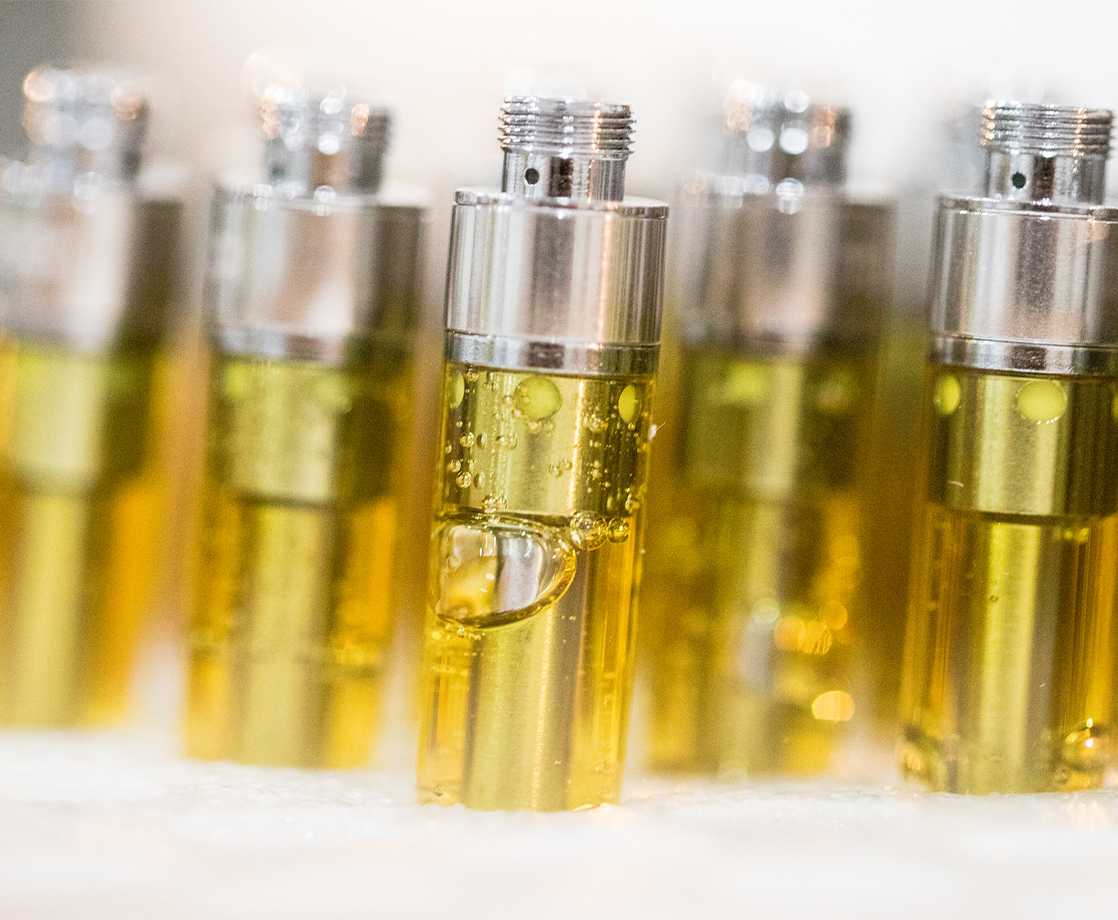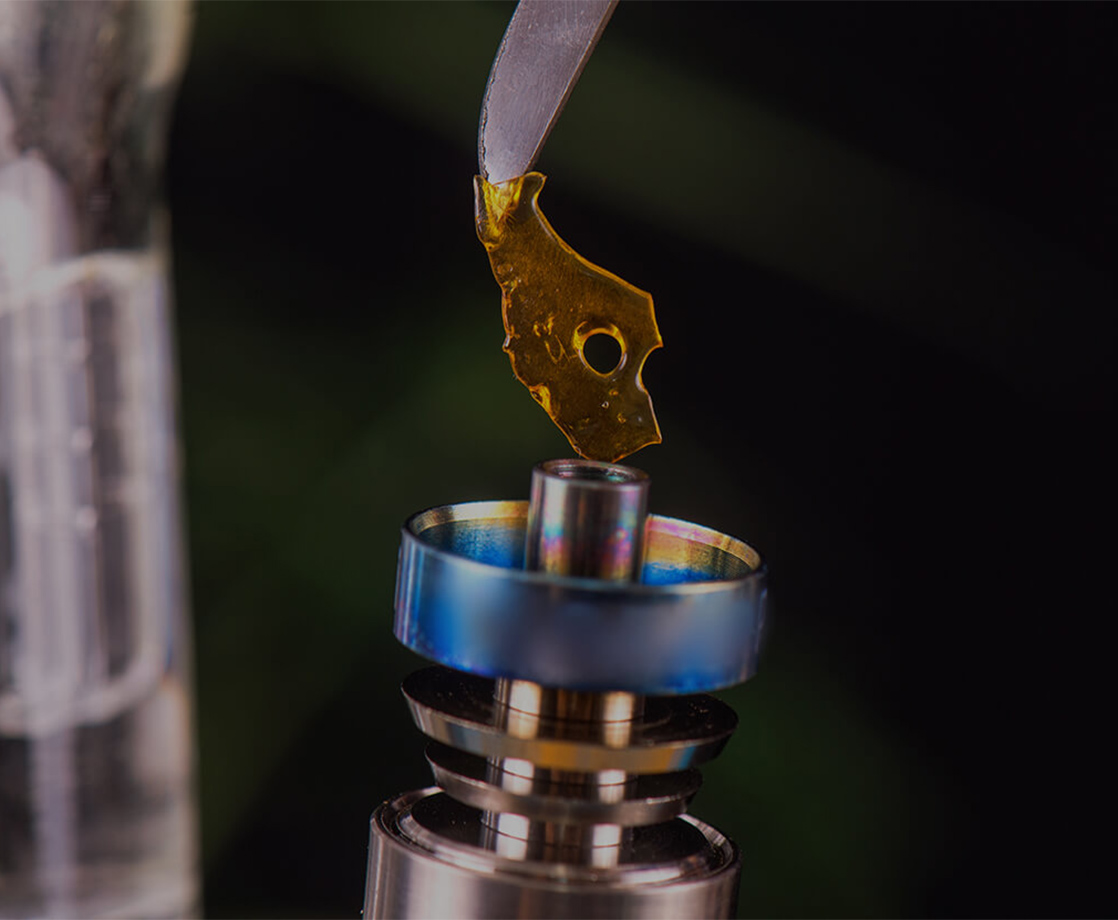A Tuscon-based teenager is facing deportation to Mexico after school officials say they caught him in possession of several marijuana vaping cartridges.
According to Tuscon.com, Catalina High School security caught Jonathan Torres Resendiz, 18, with a single marijuana vape pen on November 4. After searching his bag, they discovered a total of 11 marijuana vaping cartridges along with additional vaping devices. School policy required staff to contact the local police before contacting Jonathan’s mother, Maria Resendiz Uribe.
“It’s a difficult situation,” Superintendent Gabriel Trujillo said. “It’s a sad situation. We certainly are very disappointed that this has been the outcome, and our heart goes out to the family.”
Torres is an undocumented immigrant who was born in Guanajuato, Mexico. When he was six-years-old, his mother brought him and his siblings across the desert to start a new life in the US. Now, he’s in ICE’s custody, and he will likely be deported to a country that he is unfamiliar with, and where he knows no one.
While the Arizona Supreme Court ruled last year that marijuana concentrates and extracts such as those found in vaping cartridges are legal for medical use, possessing one — or 11 — without a medical marijuana registration is still a felony in the Grand Canyon State. Furthermore, teenagers as young as 16 or 17 years of age often catch felony charges for possessing small amounts of marijuana products, charges that follow them long into their adult years, affecting their ability to obtain loans, housing, or jobs. And in Torres’s case, since he’s an undocumented immigrant, felony charges almost guarantee deportation to his country of origin.
Convicting anyone, especially teens, for mere weed possession charges is “at odds with what we want our community to believe,” Joel Feinman, a public defender in Pima County and Torres’s defense attorney, told Tuscon.com.
Teens in Torres’s situation are usually offered a diversion program by prosecutors, so long as there were no violent-crime charges in addition to possession. The diversion program will eliminate felony charges from the individual’s case, but Torres did not accept the diversion deal for undisclosed reasons.
On February 13, Torres was sentenced for first-time weed possession charges. He received 18 months of probation, fines, and 200 hours of community service. Although his family was able to make bail for the Pima County Jail, they’ve been unable to get a bond from ICE detention, where Torres is currently being held while his deportation case is pending.
At the moment, his family is trying to secure another lawyer to prevent him from being sent to Mexico. The family cannot afford a private attorney, and may need to rely on volunteer representation from organizations such as Keep Tuscon Together that traditionally defend low-income families.
“I don’t think he’s really that off track,” said Daniel Roth, Torres’s soccer coach of the last nine years. Roth noted that most American high schoolers vape or have vaped in the past, and that there is nothing unusual about Torres’s behavior. “He’s just a normal kid.”











